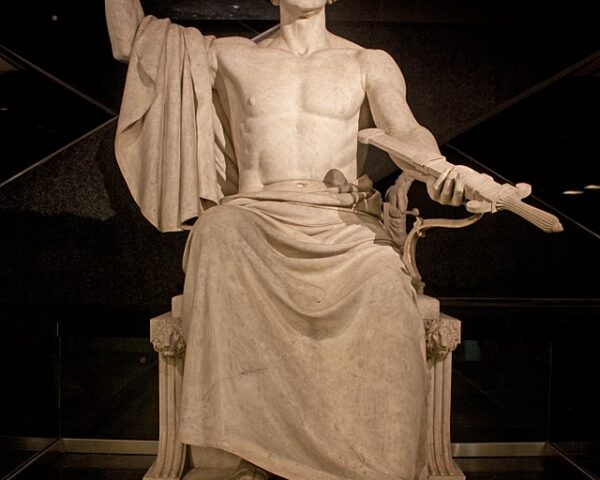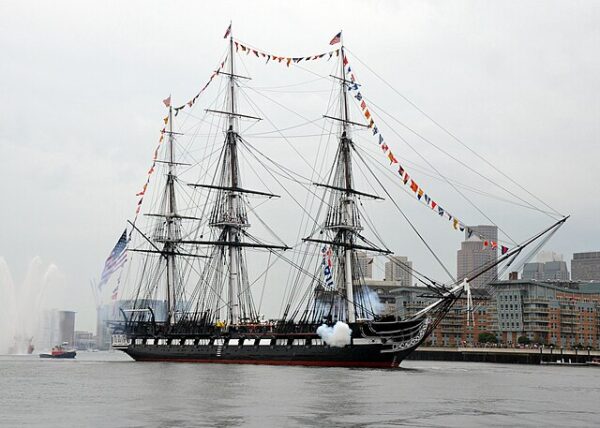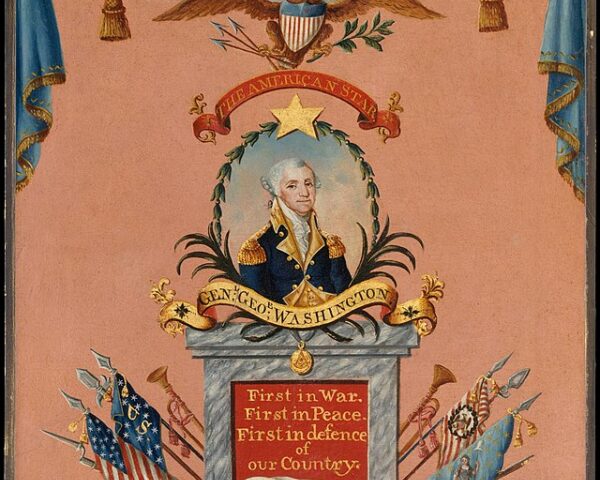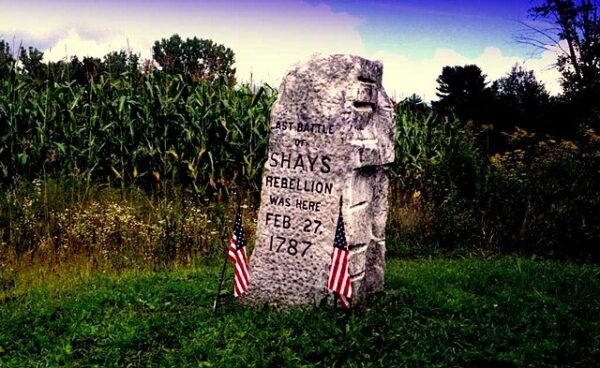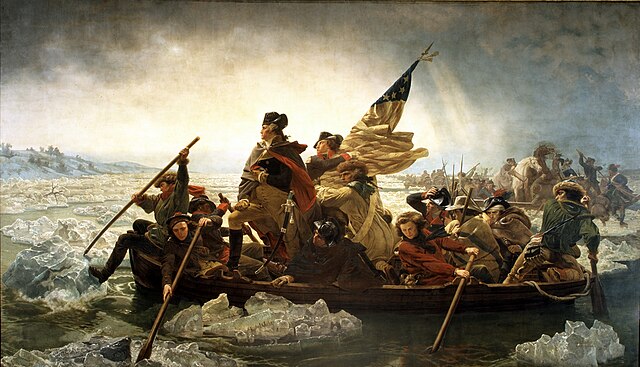The Northwest Ordinance, adopted on July 13, 1787, established a government for the Northwest Territory, outlined state admission process, ensured equality with the original thirteen states, protected civil liberties, and banned slavery in new territories. The Ordinance would play a major role in the…
Read MoreOn July 3, 1775, George Washington took command of the Continental Army at Cambridge, Massachusetts. The appointment came as tensions and hostilities began to rise between Massachusetts and England following the Battles of Lexington and Concord in that April. After vocal appeals from the…
Read MoreIn the feverish days leading up to American independence, when the fate of the colonies teetered between rebellion and subjugation, the Continental Army faced not only threats from British redcoats but from within its own ranks. On June 28, 1776, Thomas Hickey—a private in…
Read MoreOn June 13, 1777, a young French aristocrat named Gilbert du Motier, the Marquis de Lafayette, landed near Charleston, South Carolina, to join the American Revolutionary cause. Barely 19 years old, Lafayette arrived not as a representative of the French crown, but as an…
Read MoreIn the early years of the United States, the issue of establishing a permanent navy was a matter of considerable debate and concern. The fledgling nation, emerging from its War of Independence, recognized maritime power’s importance for defense and commerce and took action. On…
Read MoreThe Washington Monument stands proudly on the National Mall in Washington, D.C., a towering tribute to the nation’s first president, George Washington. Its dedication, a momentous occasion in American history, marked the culmination of years of planning, fundraising, and construction. The monument’s dedication on…
Read MoreOn February 4, 1789, George Washington unanimously won the Electoral College, becoming the first winner of a presidential election. Washington’s reluctance to assume the presidency further solidified his image as a leader of virtue and selflessness and, in many ways, contributed to the unanimity.…
Read MoreIn January 1787, the future of the United States of America and its newly-formed nation appeared to be unraveling at the seams when hundreds of Revolutionary War veterans launched an insurrection. The rebellion took place in western Massachusetts during 1786 and 1787, led by…
Read MoreProspect Hill in Charlestown, Massachusetts, holds historical significance as the site where the Grand Union Flag was raised on January 1, 1776, symbolizing a crucial turning point in the American Revolution. Often regarded as the first national flag of the United States, it embodied…
Read MoreWashington Crossing the Delaware is an iconic moment in American history that took place during the American Revolutionary War on the night of December 25-26, 1776. Leading the Continental Army, General George Washington orchestrated a daring and strategic crossing of the ice-filled Delaware River…
Read More



